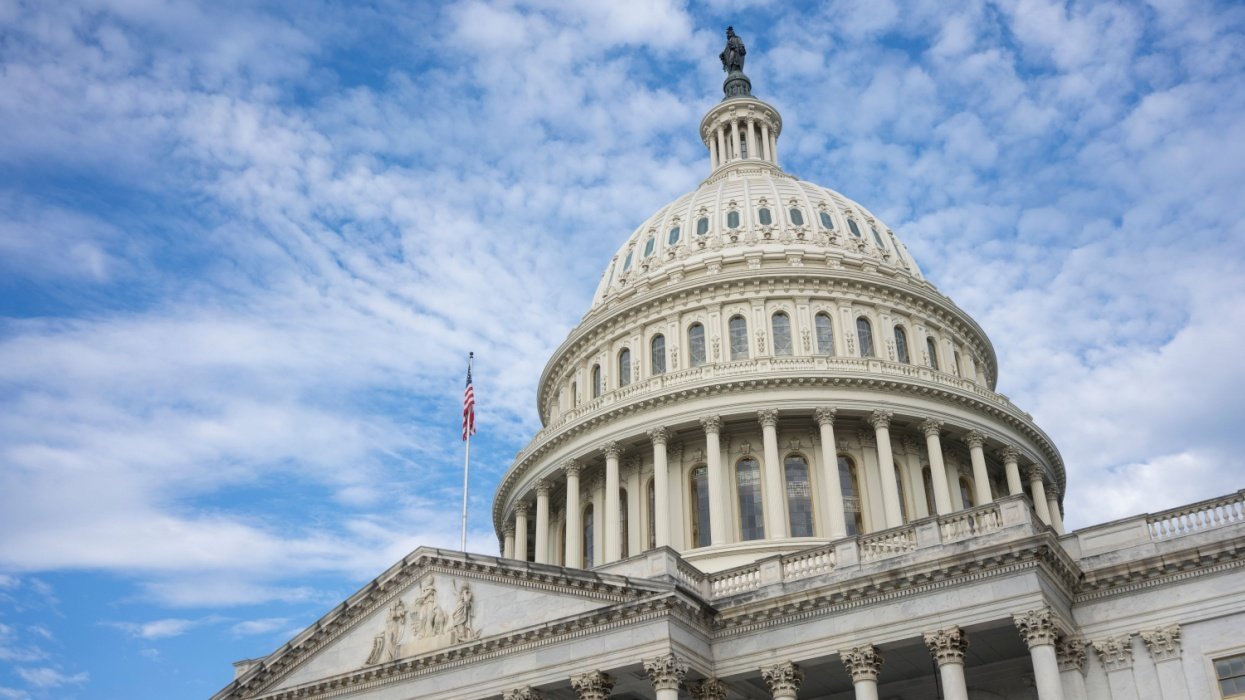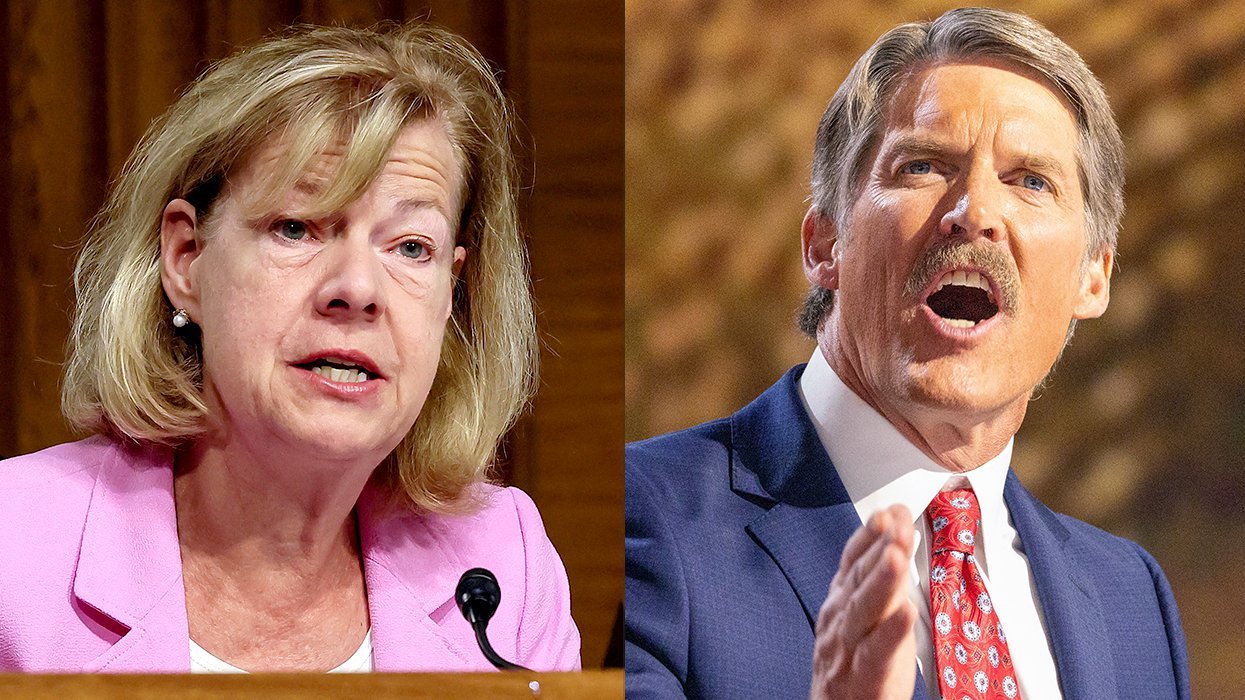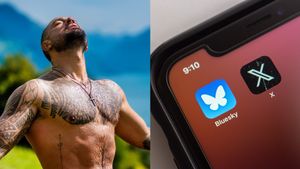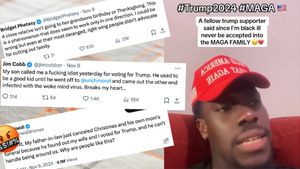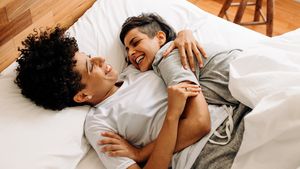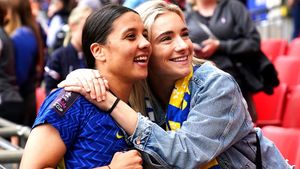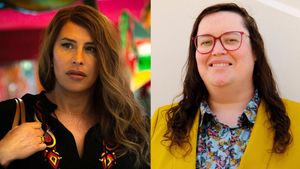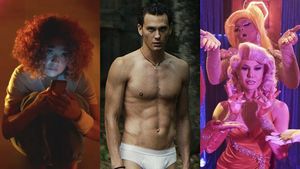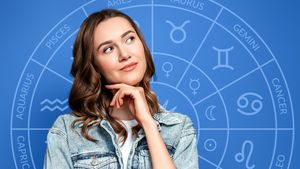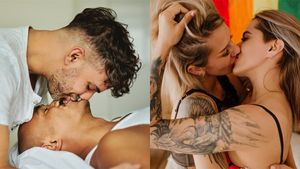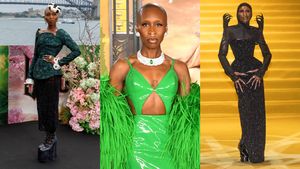In 2007, I came out as gay. In 2014, I dated a black person. Guess which situation went over better?
While my coming-out was relatively seamless (other than my mom trying to convince me that I was straight because I played sports), my black partner inspired a slew of questions and comments, such as, "Oh, I didn't know you were into black guys!" In New York we received dirty looks while holding hands in progressive neighborhoods -- from whites and blacks alike -- something I almost never experienced with a white partner.
I'm in no way comparing my experiences to the brutal bigotry faced by black Americans, but these little instances added up; they helped me become more empathetic to the daily struggles of African-Americans. They also opened my eyes to the failings of my generation. On the outside, it appears millennials -- those born between the early 1980s and the early 2000s -- are accepting of minorities, but internally, are we that much different from our parents and grandparents?
There's data to suggest that millennials aren't as racially tolerant as we'd like to believe. A 2009 study found that "younger cohorts of whites are no more racially liberal in 2008 than they were in 1988." The results claimed there's little evidence of a decline in the racial divide over the past few decades. And while 93 percent of millennials believe that it's "all right for blacks and whites to date each other," black-white marriages make up less than three percent of all wedded unions.
The dearth of interracial marriages doesn't necessarily imply that either millennials or older generations are racist, but it all goes back to exposure. As I've lived in racially segregated cities with large LGBT populations, like New York, Buffalo, and Los Angeles, I believe regular interaction with different people is the number one requirement for acceptance, respect, understanding, and, yes, relationships.
So while black and white may not interact as much as they should in this country -- because of things like white flight and unequal access to education -- gays and lesbians live in every state, city, and neighborhood in this nation. That reality, aside from increasing media exposure, translates to growing support for gay rights among millenials. When the Supreme Court ruled for national marriage equality in June, an overwhelming majority (73 percent) of young Americans supported same-sex marriage. Over the past decade, millennial support has climbed 24 percentage points.
As a relatively masculine gay guy, I'm an "undercover" minority; I make first impressions and friendships as a white male. People get to know me as a individual first, rather than making a snap judgment about my character and background. Racial minorities don't have the opportunity to "surprise" someone with their minority status; they're sized up before they even utter a word.
Thanks to the constant othering of African-Americans by whites and the aforementioned systemic segregation, there's no question that the majority of millennials are more racist than homophobic. If you don't agree, poll your straight white friends this weekend: "Do you want to go to a gay bar in the West Village or a club in the Bronx?"
 JEFFREY HARTINGER is a writer and lives in New York City. Visit his website or follow him @BuffaloGuyInNYC.
JEFFREY HARTINGER is a writer and lives in New York City. Visit his website or follow him @BuffaloGuyInNYC.
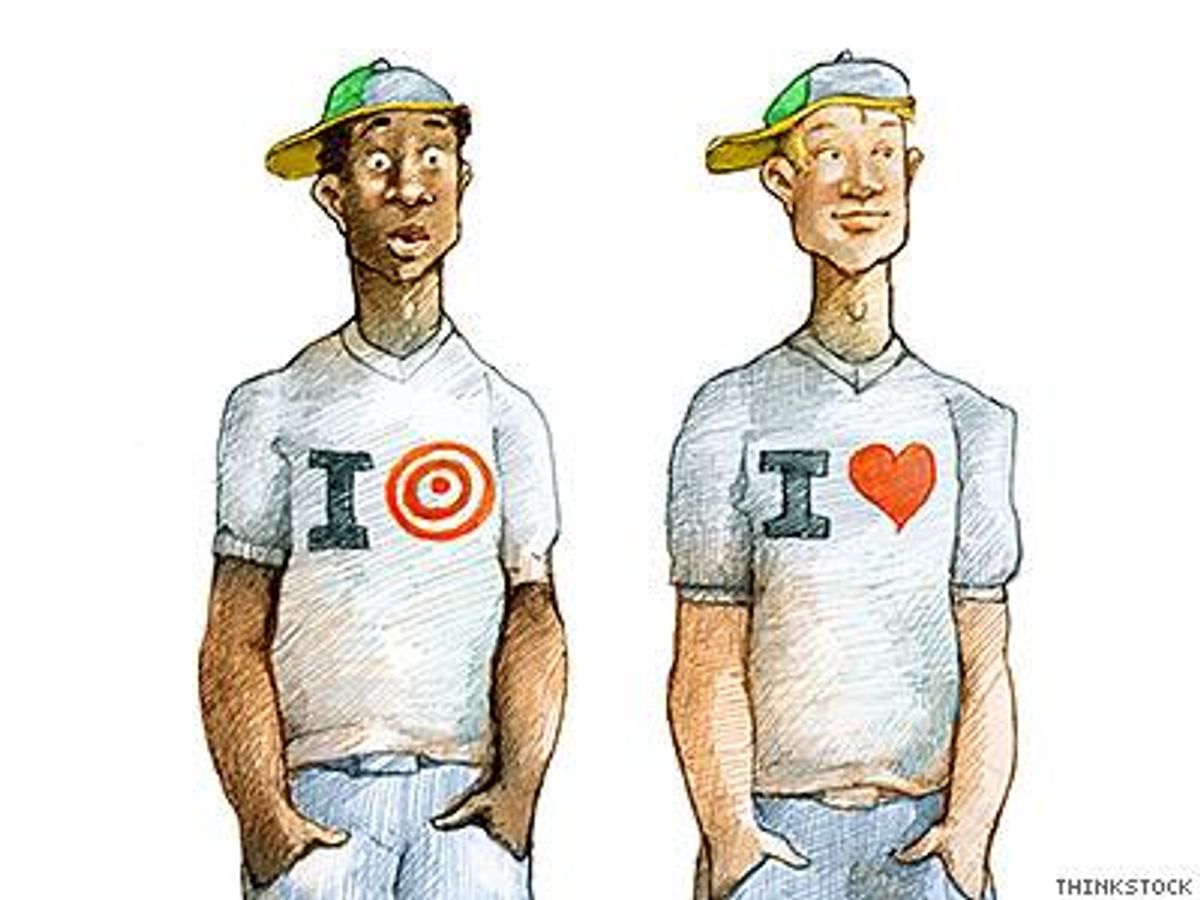

 JEFFREY HARTINGER is a writer and lives in New York City. Visit his
JEFFREY HARTINGER is a writer and lives in New York City. Visit his 











